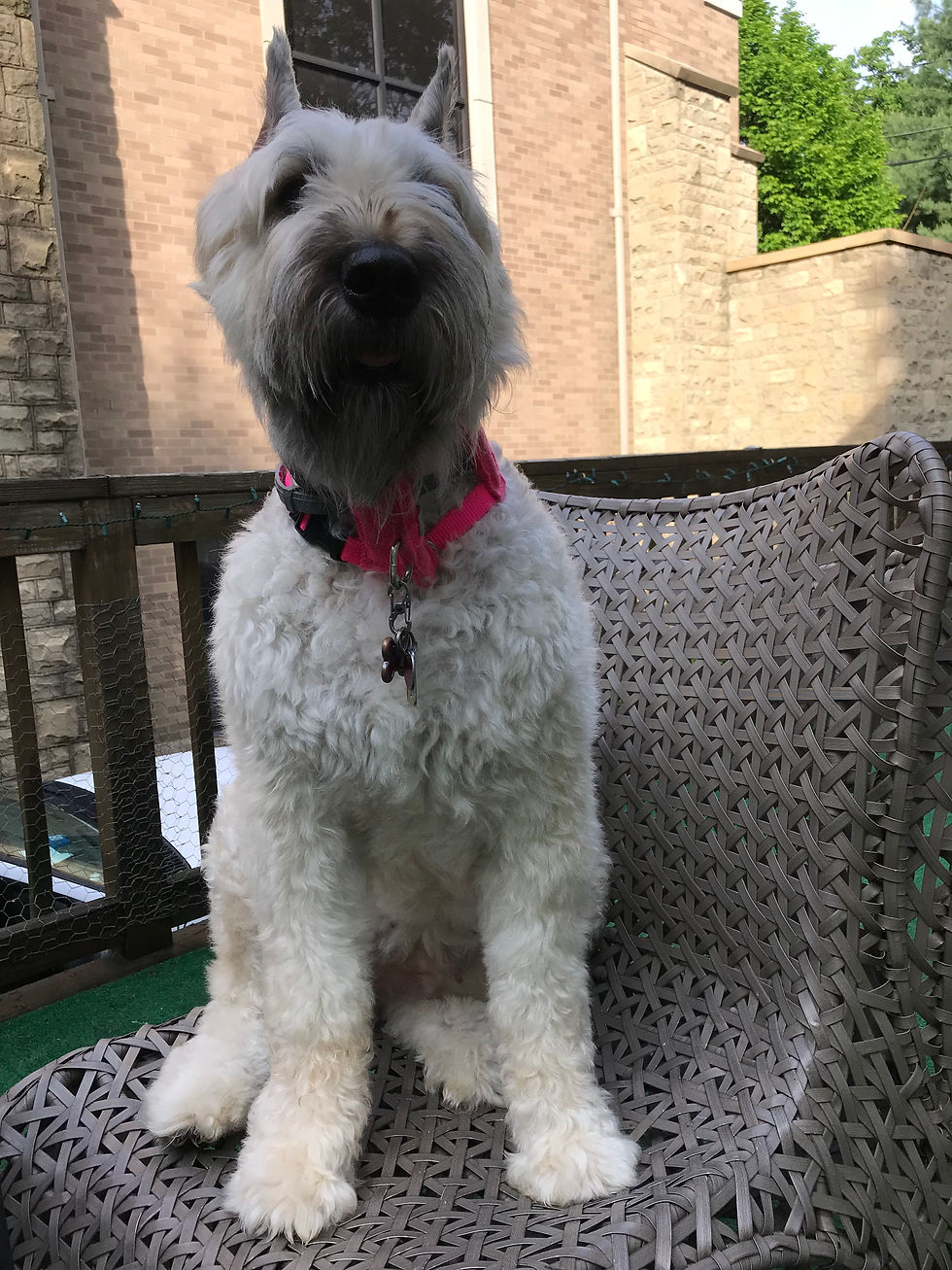Creating Biosensory Super Pups!
- Boris Webb

- Mar 26, 2024
- 2 min read

"Do you do any sort of socialization?" As a breeder, this is a question I am often asked. I imagine people are wondering if I bring people into the house to play with the pups? Or if I take them to dog-friendly venues before they are carried home by their forever families.
The truth is easier to understand if you imagine a newborn pup as a human infant: immune systems still under development, sensory systems still tuning into the world and learning safe vs. unsafe (surfaces, temperatures, sounds, lights). You wouldn't accomplish a great deal of positive progress by taking a human infant into public too soon, nor do visiting friends and family expect the baby to be "very social." In fact, aren't we somewhat hesitant when we visit a newborn baby? Will it like me? Will it cry when I hold it? Will it just sleep the entire time I visit? Can it play simple games? Puppies are no different.
Puppies reach the physical, social and emotional maturity to interact and play with you just prior to being of legal age (8 weeks in Pennsylvania) to go home. So, what "socialization" can a breeder really accomplish in this short window period? Thankfully, science tells us there is A LOT we can do to make a meaningful difference (positively and negatively) in a puppy's lifelong reaction to stress and anxiety-provoking situations.
Early Neurological Stimulation (ENS), also known as Biosensory Training, is a short, simple, and easily learned "curriculum" to help puppies adapt quickly - instead of react quickly - to environmental changes (sudden sounds, lightening, stepping on a sharp, hot, or cold surface, etc).
See our video on YouTube (3 min.) for how we employ the (5) primary ENS exercises at The House Of Bouvs to improve our pups' temperaments and resilience. Lower stress also means a better quality of health and life for your Bouvier.
RESOURCES and illustrations of the (5) primary ENS exercises:




Comments